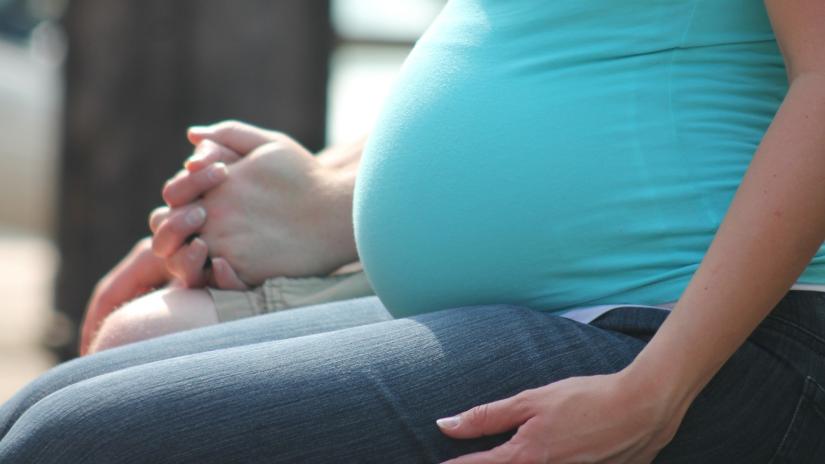Around one in four pregnant women in Australia suffer symptoms of depression, one in five report symptoms of anxiety, and those with low social support are at higher risk, new research shows.

Image: Pixabay
Whether it is a cup of tea and a chat, the loan of some baby equipment in preparation for the new arrival, or a hug when things seem overwhelming, social support from family and friends can make a big difference to the wellbeing in pregnancy.
However, some women lack this kind of support, particularly if they don’t have family nearby, are geographically isolated, living alone or without a partner.
Around one in four pregnant women in Australia suffer symptoms of depression and one in five report symptoms of anxiety, new research shows, and those with low social support are at higher risk of these mental health problems.
The research suggests that screening pregnant women to identify those with low levels of social and emotional support, along with the provision of community-based support services, may help improve health outcomes for mothers and babies.
The study, published in the BMC Pregnancy and Childbirth journal, was based on a survey of 493 pregnant women aged between 34 and 39 from across Australia.
The research was conducted as part of the Australian Longitudinal Study on Women’s Health run by the University of Queensland and the University of Newcastle. The researchers are grateful to the Australian Government Department of Health for funding and to the women who provided the survey data.
“While pregnancy can be a time of happiness and joy, it can also bring increased stress, especially for women experiencing their first pregnancy,” says study co-author Asres Bedaso who is currently completing a PhD in public health at the University of Technology Sydney.
“Mental health problems such as depression and anxiety during pregnancy increase the chance of pregnancy complications and other serious health problems, including postnatal depression and impaired bonding, so it is important to find ways to tackle these challenges,” he says.
Mental health problems such as depression and anxiety during pregnancy increase the chance of pregnancy complications and other serious health problems.
Asres Bedaso
Anxiety during pregnancy can include excessive concerns about the pregnancy, childbirth, and the health of the baby. Symptoms of depression include low self-esteem, feelings of worthlessness, loss of appetite, fatigue and poor concentration.
The researchers examined three different aspects of social support: emotional/informational support (positive, empathetic advice and information), tangible support (material or financial assistance) and affectionate support/positive social interaction (love and affection).
They found that anxiety symptoms were seven times higher in pregnant women who reported low levels of affectionate support, and there was a fourfold increase in symptoms of depression in women who had low levels of emotional support.
“Understanding the relationship between specific domains of social support and antenatal depression and anxiety can assist policymakers and health professionals in the process of establishing specific community-based social support programs to enhance the wellbeing of pregnant women,” Mr Bedaso says.
Mr Bedaso has a long held interest in the field of community mental health, having completed a Bachelor of Nursing and a Master of Integrated Clinical and Community Mental Health in Ethiopia.
The study: The association between social support and antenatal depressive and anxiety symptoms among Australian women, was co-authored by Mr Asres Bedaso, Distinguished Professor Jon Adams, Dr Wenbo Peng and Professor David Sibbritt from the UTS School of Public Health.

